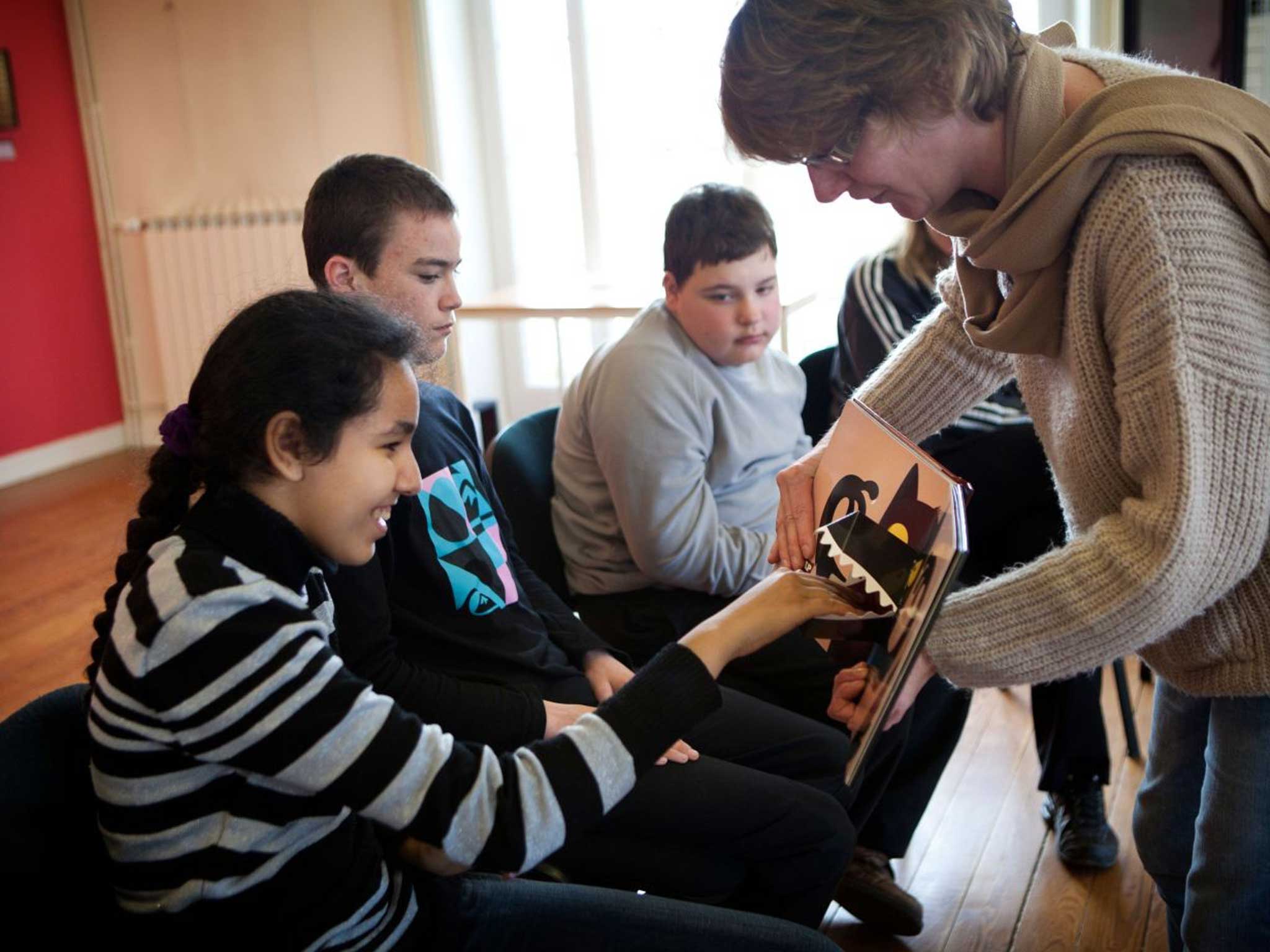Environmental factors have 'strong link to autism,' claim scientists

Your support helps us to tell the story
From reproductive rights to climate change to Big Tech, The Independent is on the ground when the story is developing. Whether it's investigating the financials of Elon Musk's pro-Trump PAC or producing our latest documentary, 'The A Word', which shines a light on the American women fighting for reproductive rights, we know how important it is to parse out the facts from the messaging.
At such a critical moment in US history, we need reporters on the ground. Your donation allows us to keep sending journalists to speak to both sides of the story.
The Independent is trusted by Americans across the entire political spectrum. And unlike many other quality news outlets, we choose not to lock Americans out of our reporting and analysis with paywalls. We believe quality journalism should be available to everyone, paid for by those who can afford it.
Your support makes all the difference.Children who have a brother or sister with autism are 10 times more likely to develop the disorder themselves, according to research published today.
However, scientists also concluded that environmental factors are just as important as genetics in explaining the causes of autism, casting doubt on long-held assumptions that the disorder is mainly inherited.
Previous studies have suggested that genetic factors may be 80 to 90 per cent responsible for causing autism, but the new study puts the figure at 50 per cent, with the other 50 per cent explained by non-genetic factors.
Professor Avi Reichenberg, of the Mount Sinai Seaver Center for Autism Research in New York, who led the study, said: "We were surprised by our findings as we did not expect the importance of environmental factors in autism to be so strong... It's now clear we need much more research to focus on identifying what these environmental factors are."
The study, of data from two million children born in Sweden between 1982 and 2006, is the largest ever conducted into how autism runs in families. It was published in the Journal of the American Medical Association.
Join our commenting forum
Join thought-provoking conversations, follow other Independent readers and see their replies
Comments